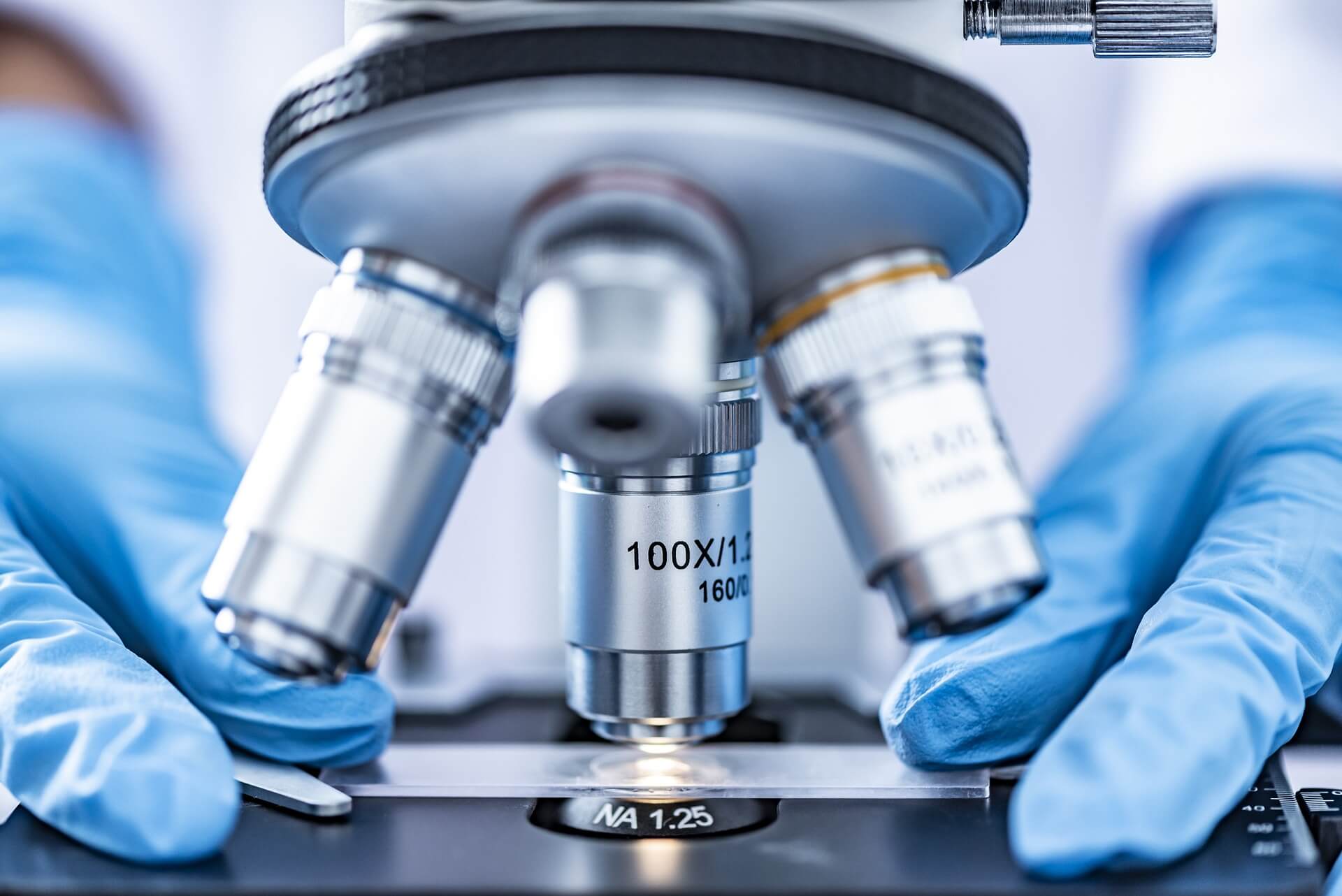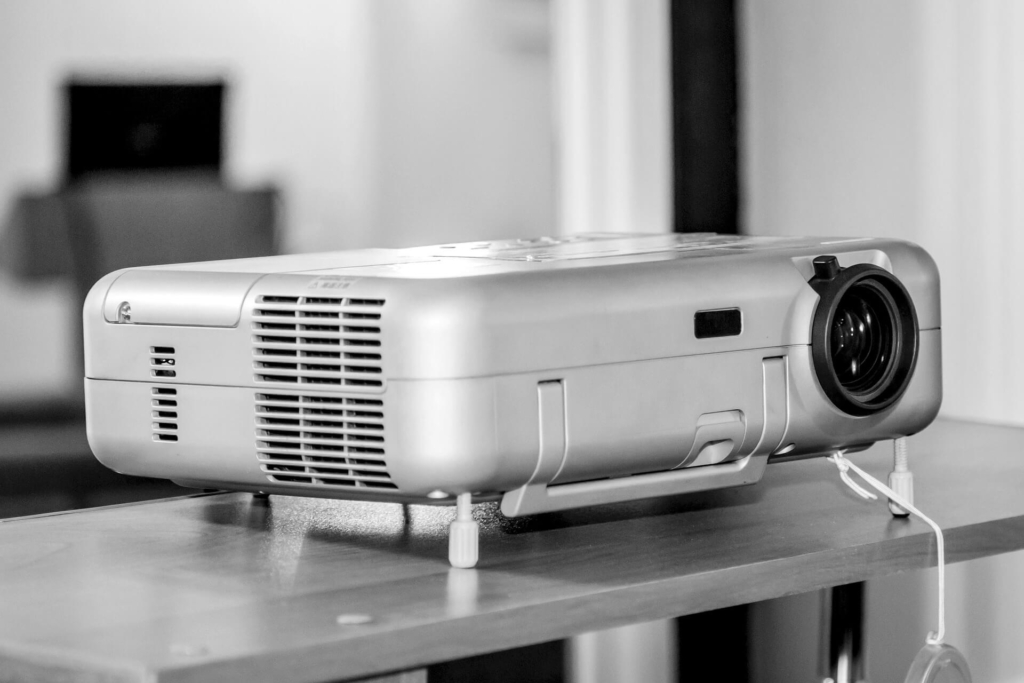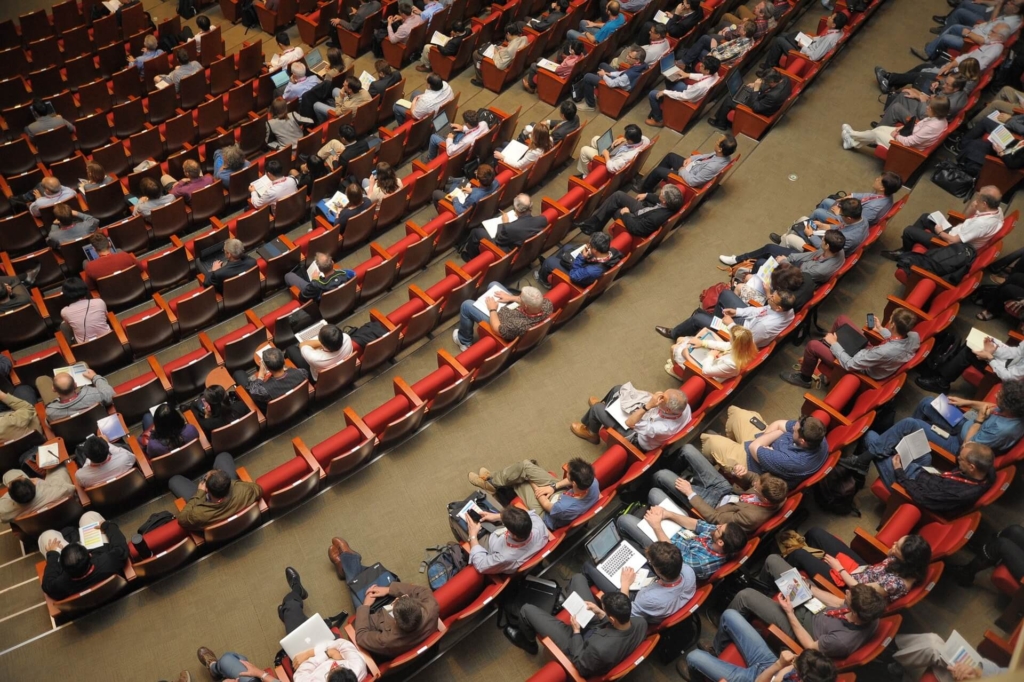
Teach
Practical and elective courses at the IFZ
As part of the “Cell and Molecular Biology” and “Biology for Physicians” practical courses, students at the IFZ are given a varied insight into our laboratory work. Since this year, we also offer the elective subjects “Experimental Tumor Research in Radiation Oncology” and “Experimental Design and Good Scientific Practice”.
Block course in the summer semester
Study program: Medical Biology, BA, 4th semester
Location: IFZ and other institutes at the UK Essen
Lecturers: AG Jendrossek, AG Küppers, and GTF
Course content:
Interaction of cells with the extracellular matrix (AG Jendrossek)
In this practical course, the interaction of cells with the extracellular matrix (ECM) and its effect on cell behavior will be investigated. It will be analyzed how strong the affinity of the cells is for different matrix proteins and what influence the ECM has on cell migration and cell adhesion. Using fluorescence microscopy methods, proteins involved in the interaction of the cell with the ECM will be detected in the cell and their subcellular localization will be determined. These experiments will teach basic cell biology, microscopy and molecular biology techniques.
B-cell isolation and flow cytometric analysis (AG Küppers)
Blood consists of a carrier fluid, the blood plasma, and a multitude of specialized cell types. The aim of this practical course is the extraction of monoclonal cells from the blood and the magnetically activated cell sorting of B cells from this cell mixture. The cells are phenotypically characterized in a flow cytometer before and after isolation by immunofluorescence staining with various antibodies and the success of the enrichment is checked. Among other things, two main groups of B cells, naive and memory B cells, are visualized.
Molecular lymphoma diagnostics (AG Küppers)
All B cells are originally generated in the bone marrow from the division of a pluripotent hematopoietic stem cell. In an orderly process, this daughter cell differentiates into a mature, naive B cell via defined steps. In the course of this differentiation program, specific genetic changes are made at the immunoglobulin gene loci in order to move from the germline configuration of these loci to a rearranged locus that enables the expression of a functional B cell receptor. In this practical course, the students will receive various DNA samples isolated from human blood samples and will be asked to distinguish polyclonal blood samples from healthy donors from monoclonal blood samples from patients with chronic lymphocytic leukemia (CLL) based on the pattern of B cell receptor gene rearrangements. In the course of the practical course, the students will also have the opportunity to isolate DNA from cell pellets and analyze it.
16S rRNA library prep for microbiome analysis (GTF)
As part of the practical course, students have the opportunity to go through all the preparatory steps for creating a 16s rRNA library for next generation sequencing (NGS).
Block course in the winter semester
Study program: Medicine, 1st semester
Location: IG1 and other institutes at the UK Essen
Lecturers: AG Jendrossek, AG Küppers
Course content:
Membrane biology
The aim of this practical course is the experimental investigation of the most important properties and functions of biological membranes. Experiments are carried out on the complement-dependent and chemical cell lysis of erythrocytes, on cell type-specific membrane proteins of lymphocytes and on the permeability of the plasma membrane during apoptosis.
Cytoskeleton, organelles and extracellular matrix
The most important properties of certain cell types, cell organelles, the cytoskeleton and the extracellular matrix (ECM) are taught as part of this practical course.
One-week intensive course in the winter semester
Study program: Medicine, 3rd semester
Location: IFZ
Lecturers: PD Dr. Justine Rudner, PD Dr. Johann Matschke, Dr. Silvia Vega-Rubin-de-Celis, Dr. Florian Wirsdörfer, Dr. Lena Gockeln
Course content:
Basics of tumor metabolism, hypoxia and cell death as modulators of the radiation response
This elective aims to demonstrate the possibilities of metabolic phenotypes and therapy-induced changes in cell compartments (e.g. lipid peroxidation, mitochondrial changes) for radiation research in order to define new therapeutic target structures and thus enable the development of new innovative therapies with radiotherapy.
Fundamentals of autophagy as a modulator of radiotherapy
The aim is to understand the role of autophagy and associated cellular processes and how they can serve as potential therapeutic targets. By combining theoretical knowledge and practical laboratory techniques, the students will be able to explore and develop innovative approaches in radiotherapy based on the precise manipulation of autophagy and the cellular stress response.
Fundamentals of radio-immunotherapy-induced normal tissue toxicity (lung)
The elective will show the students how translational radiation research can help to identify prognostic biomarkers for the occurrence of potential radio-immunotherapy-induced late occurring damage to define new therapeutic targets and thus to advance the development of effective treatments to protect the normal tissue.
Multi-week seminar in the winter semester
Study program: Biology, Medical Biology, Molecular Biology, BA, 5th semester
Location: IFZ
Lecturers: Dr. Bettina Budeus, Victoria Berg (MSc.), Dr. Maria Dampmann, PD. Dr. Diana Klein, Ann-Kathrin Schnormeier (MSc.), Dr. Alexander Ross
Course content:
Scientific research requires not only proper execution of the actual experiments, but above all good planning. How do I calculate in advance how many patients or mice I actually need? Why does it make sense to define the statistical test and the exact research question in advance and why do I sometimes have to adapt it? How do I find the right method for the evaluation? And even after you have all the supposed results together, there are still many questions you need to deal with. How do I deal with it if the data does not show what it should? How do I ensure reproducibility? And how do I visualize the results so that others understand what I have done? All these questions are answered here and implemented in a practical exercise (on a home computer).
Theses
Since its foundation, the IFZ has produced 14 habilitations and 128 dissertations.
In addition, a large number of diploma, bachelor’s and master’s theses have been written at the IFZ.
National and international symposia and congresses have been held at the IFZ.
Employees have been honored with national and international awards.

Habilitations from the IFZ

Dissertations from the IFZ

International symposia at the IFZ

Awards for IFZ scientists